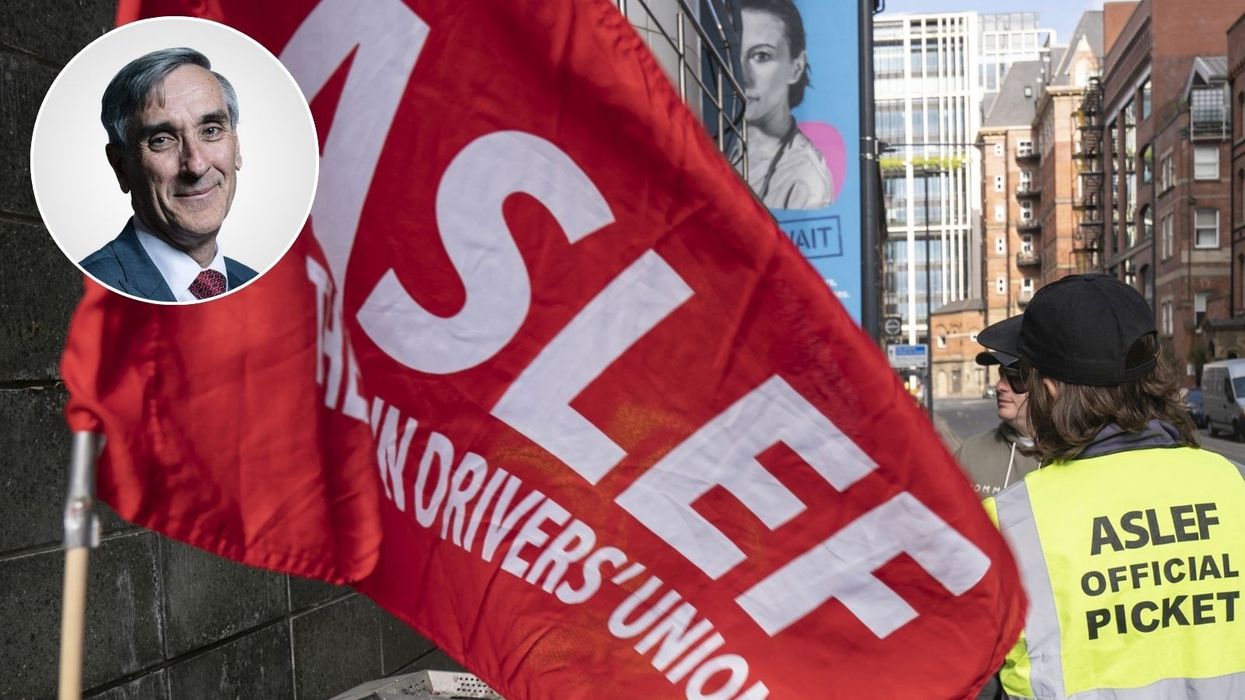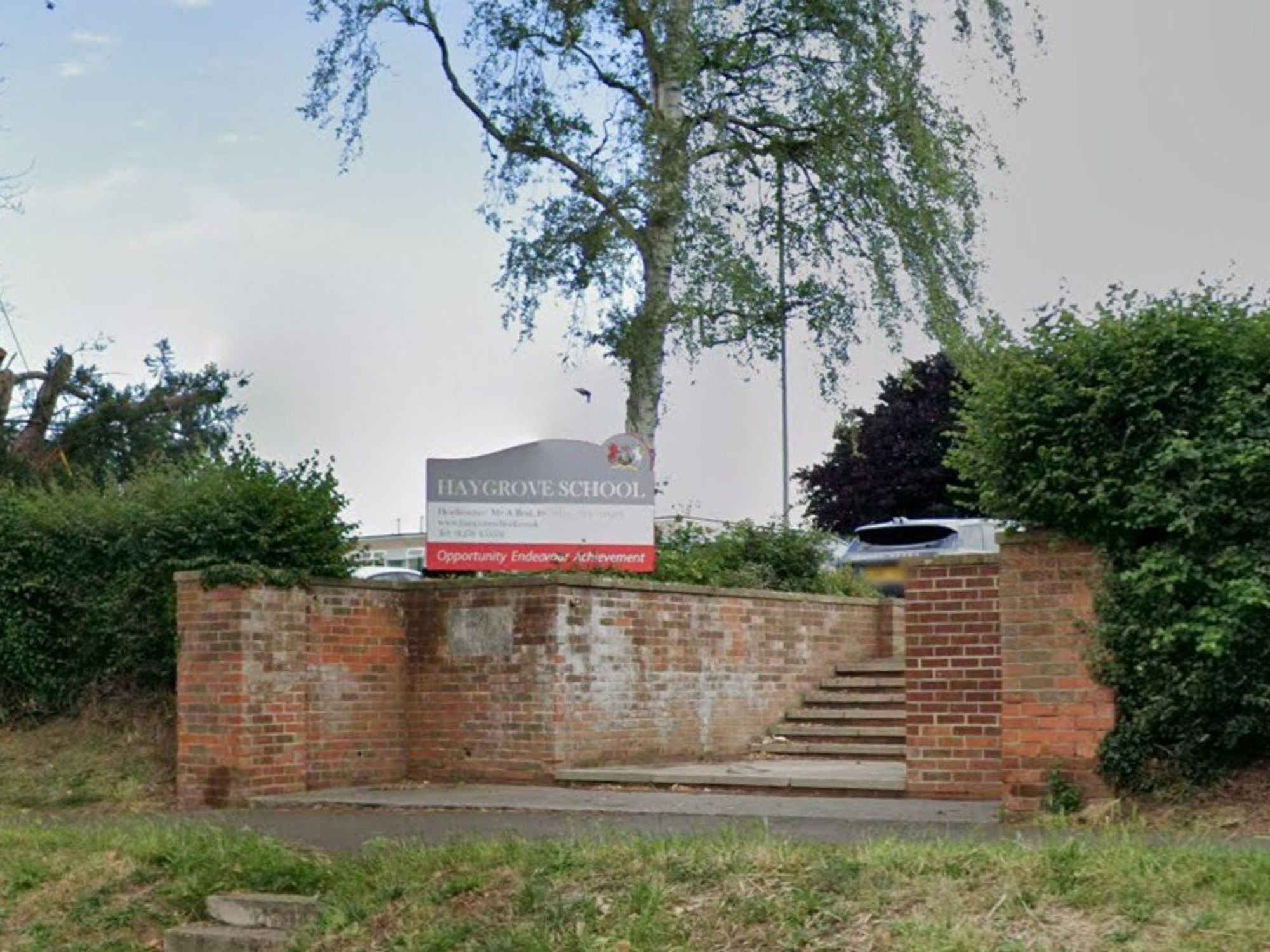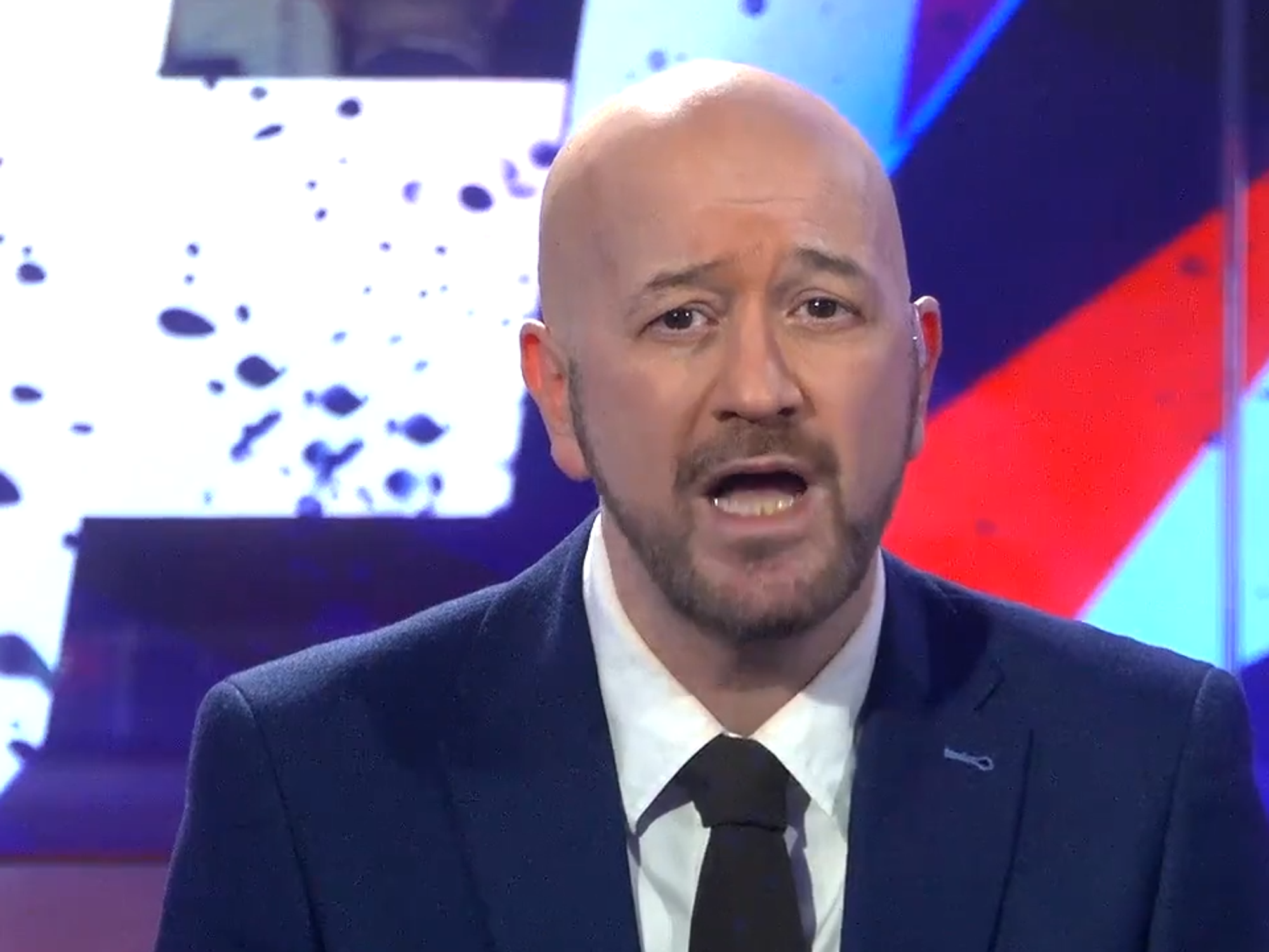'Labour needs to tackle public sector productivity collapse urgently to get economy to grow faster,' says Sir John Redwood

We do not need people to work harder or longer but smarter, where flexible working, support staff and existing technology can help do the job better, Sir John Redwood says
|PA

Sir John Redwood is a former Conservative MP for Wokingham
Don't Miss
Most Read
Latest
It only took a month for the new government to break its own budget rules.
We were assured there would be no Budget-style announcements of tax changes or increased spending without a clear statement of how it would all be paid for.
We were told any such announcement would also come with a forecast of its impact from the Office of Budget Responsibility.
Instead, we have had a blizzard of announcements of pay awards for the public sector and enhanced compensation for past government disasters costing well over £10billion with no statement of where the money is coming from.
The OBR has not been asked to mark the homework.
I am all in favour of better pay for public sector staff. Junior doctors needed a decent rise.
I also want to see the government and public sector managers take the problem of productivity seriously.
We need better pay for helping to improve service quality and efficiency.
The public sector is a massive 6.5 per cent less efficient this year than it was in 2019, according to the official statisticians, the ONS.
The last government at least recognised the problem and was telling public sector managers to get productivity back up to pre-Covid levels as the private sector has already done.
The new government never mentions this and offers inflation-busting pay awards with no agreement on how to restore and improve efficiency levels.
An extreme case is that of the train drivers.
It is difficult to say, at an average week's pay before overtime of £60,000, they were an especially hard done by group.
The last government left it to the industry to negotiate pay with their employees, with industry leaders wanting productivity improvements as part of a package to give the drivers a decent uplift.
Rail companies were finding it difficult to get staff into work at weekends or at certain times of day and were already paying special overtime rates and roster bonuses to cover times of shortage.
The managers wanted a deal which would give considerably more pay for more flexibility over hours and days so they could properly man seven days a week services including early mornings and late evenings.
The new Transport Minister took the negotiations over and signed off a deal which did not make any productivity or flexibility-enhancing changes.
The 15 per cent over three years may turn out to be more as individual companies come up with overtime and bonus arrangements to ensure sufficient drivers across the full week.
This left the Transport Secretary on the media round telling us she wanted credit for stopping the driver strikes, but unable to tell us if she planned fare rises or more tax subsidies to pay the bills.
She did claim they would collect more revenue with fewer strikes, but it is unlikely they will collect sufficient extra revenue to avoid either or both a fare rise and more taxpayer subsidy.
In a world of two or three days a week commuting, the strikes often changed the days of travel but did not reduce total travel per commuter.
Leisure travel could also be shifted to other days.
Last year the railways cost taxpayers a stunning £33billion in capital and subsidies to pay the operating losses.
How much will it be this year? The railway is largely nationalised already, but as the remaining train operating companies come into full public control, that will increase the taxpayer's bills some more.
The taxpayers will have to provide all the capital and pay all the losses of the companies they take over.
MORE FROM GBN MEMBERSHIP:
We are told by the government that public sector finances are especially difficult.
Like the past government, they let the Bank of England lose billions, spend a fortune on green subsidies and investment and live with the public sector productivity collapse.
They then compound the difficulties with a set of inflation-busting pay awards whilst dumping or going slow on any work to get efficiency back up to 2019 levels.
All the money spent on new computers and equipment and the digitalisation of so many services each year should bring the bonus of productivity gains.
These mean we could deliver the same services whilst not replacing people who leave jobs or we could offer more services like more medical appointments without extra recruitment. Why is the UK public sector losing out?
If the government wants to be serious about controlling the public finances and getting the economy to grow faster it needs to tackle the public sector productivity collapse urgently and use pay awards to help people work smarter to earn more.
We do not need people to work harder or longer but smarter, where flexible working, support staff and existing technology can help do the job better.










